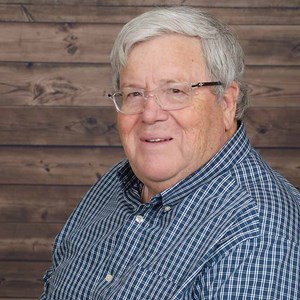Many commercial property insurance policies contain protective safeguard endorsements, which make it a condition of coverage that the protective safeguard cited in the endorsement—e.g., automatic sprinkler system, night watchman, central station fire alarm—be in operation at all times. But what happens if you disable the system and suffer a loss—is there coverage? This situation was recently addressed by the Eastern District of Pennsylvania in Berenato v. Seneca Specialty Insurance Company.1
Seneca, as a surplus lines insurer, issued an insurance policy which contained a protective safeguard endorsement requiring the insured to maintain an automatic sprinkler system. Pursuant to the endorsement, Seneca would not pay for loss or damage caused by fire if the insured knew of any suspension or impairment in the protective safeguard (sprinkler system) or failed to maintain the sprinkler system, over which the insured had control, in complete working order.
The sprinkler system leaked on multiple occasions. Ultimately, the insured decided to turn off the sprinkler system until the weather got warmer, assuming that the leaks were due to the cold weather. The insured never advised Seneca of its deactivation of the sprinkler system. While the sprinkler system was disabled, a fire occurred and destroyed the building. The insured filed suit seeking to recover under the insurance policy.
The trial court found that the protective safeguard was not ambiguous, interpreting the requirement to “maintain” a system in “complete working order” necessarily means that the system is on and operational, not merely that it exists. The insured’s actions of intentionally turning the system off did not comply with the policy requirements. Accordingly, the protective safeguard endorsement barred coverage.
Additionally, given Seneca’s position as a surplus lines carrier, it was under no duty in Pennsylvania to deliver the policy to the insured. Seneca was only required to deliver the policy to the broker, which it did. Although the insured did not receive the policy, he was aware that the Seneca quote he accepted stated that the policy would be subject to a protective safeguard endorsement, including an automatic sprinkler system. The court found there was no genuine factual dispute that Berenato knew he could not turn his sprinkler system off without risking a loss of insurance coverage due to a fire.
__________________________
1 Berenato v. Seneca Specialty Ins. Co., No. 15-4325, 2017 WL 783675 (E.D. Penn. Mar. 1, 2017).



